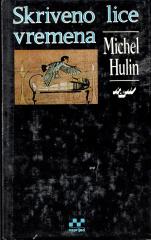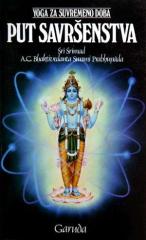
Mistika
Knjiga se bavi dubinskom analizom mističnih iskustava u različitim religijskim tradicijama, s naglaskom na kršćanstvo i islam. Gardet, francuski teolog i orientalist, istražuje mistiku kao univerzalni fenomen koji nadilazi kulturne i vjerske granice.
Glavni fokus djela je razumijevanje mistike kao neposrednog, osobnog susreta s božanskim, koji se odvija izvan dogmatskih okvira, ali u dijalogu s njima. Gardet analizira kršćansku mistiku kroz figure poput sv. Ivana od Križa i sv. Terezije Avilske, ističući njihovu težnju za sjedinjenjem s Bogom kroz kontemplaciju i asketsku praksu. U islamu, fokus je na sufizmu, gdje istražuje koncepte poput fana (uništenje ega) i baqa (postojanje u Bogu), uz reference na mislioce poput Al-Ghazalija i Rumija.
Gardet naglašava da mistika nije samo individualno iskustvo, već i zajednički fenomen koji oblikuje duhovnu kulturu. On uspoređuje metode i ciljeve mističnih praksi, poput kršćanske molitve i sufijskog dhikra (sjećanja na Boga), ukazujući na sličnosti u doživljaju transcendencije. Također raspravlja o izazovima razlikovanja autentične mistike od psiholoških ili patoloških stanja, pozivajući se na teološke i filozofske kriterije.
Knjiga naglašava univerzalnost mističnog iskustva, ali i potrebu za kontekstualnim razumijevanjem unutar specifičnih tradicija. Gardet poziva na dijalog između religija kako bi se produbilo razumijevanje mistike kao mosta prema božanskom.
One copy is available




